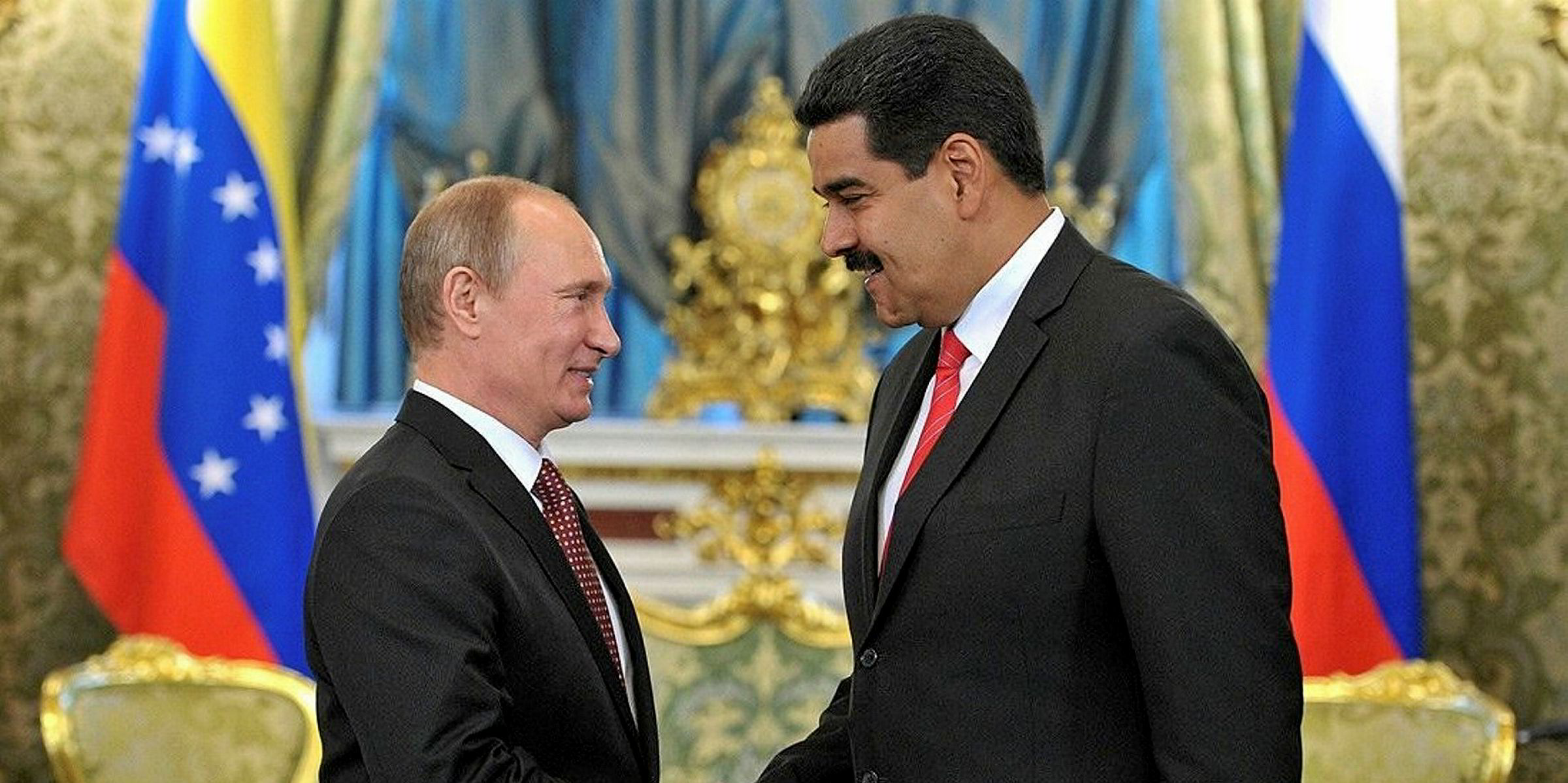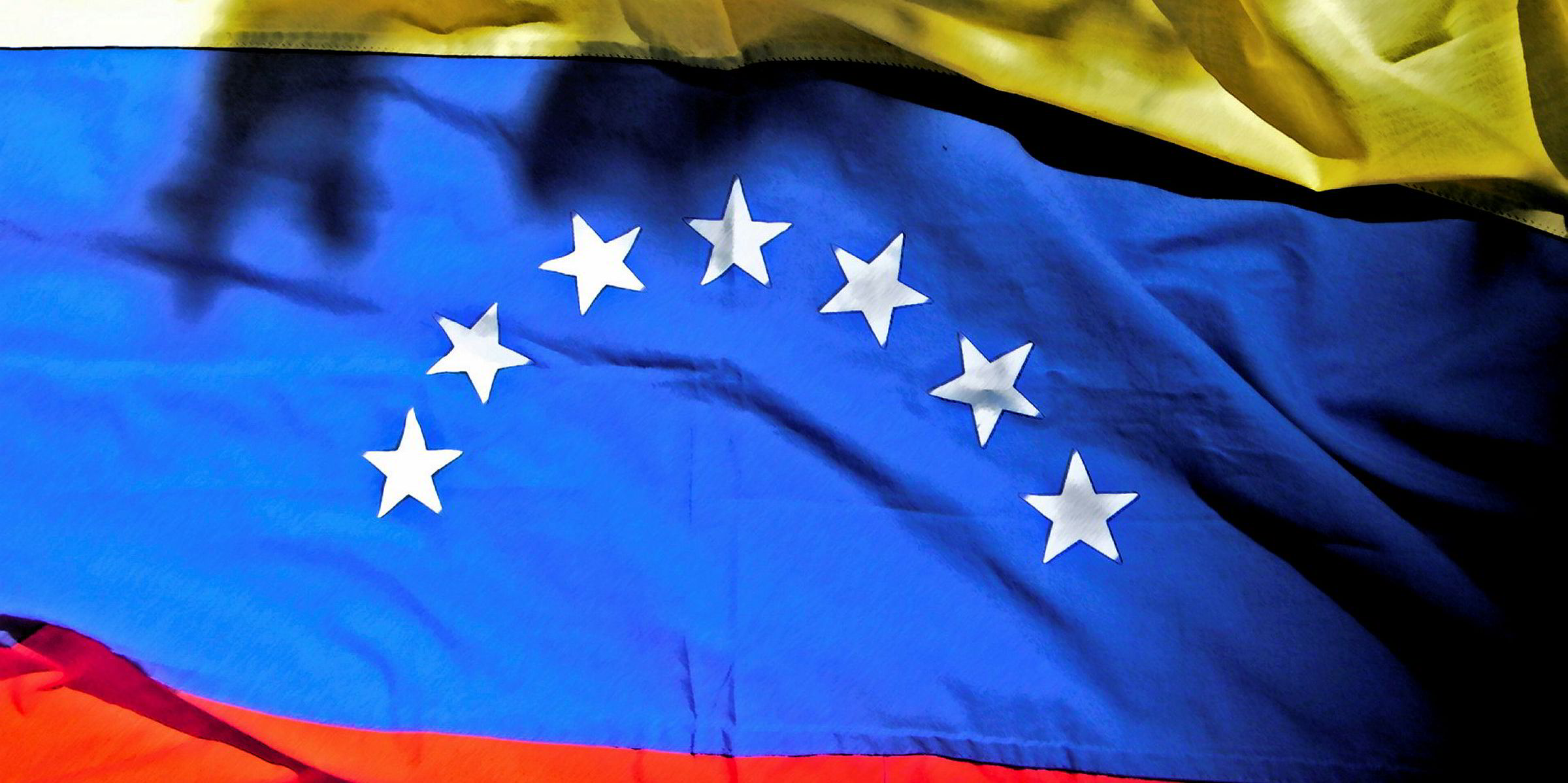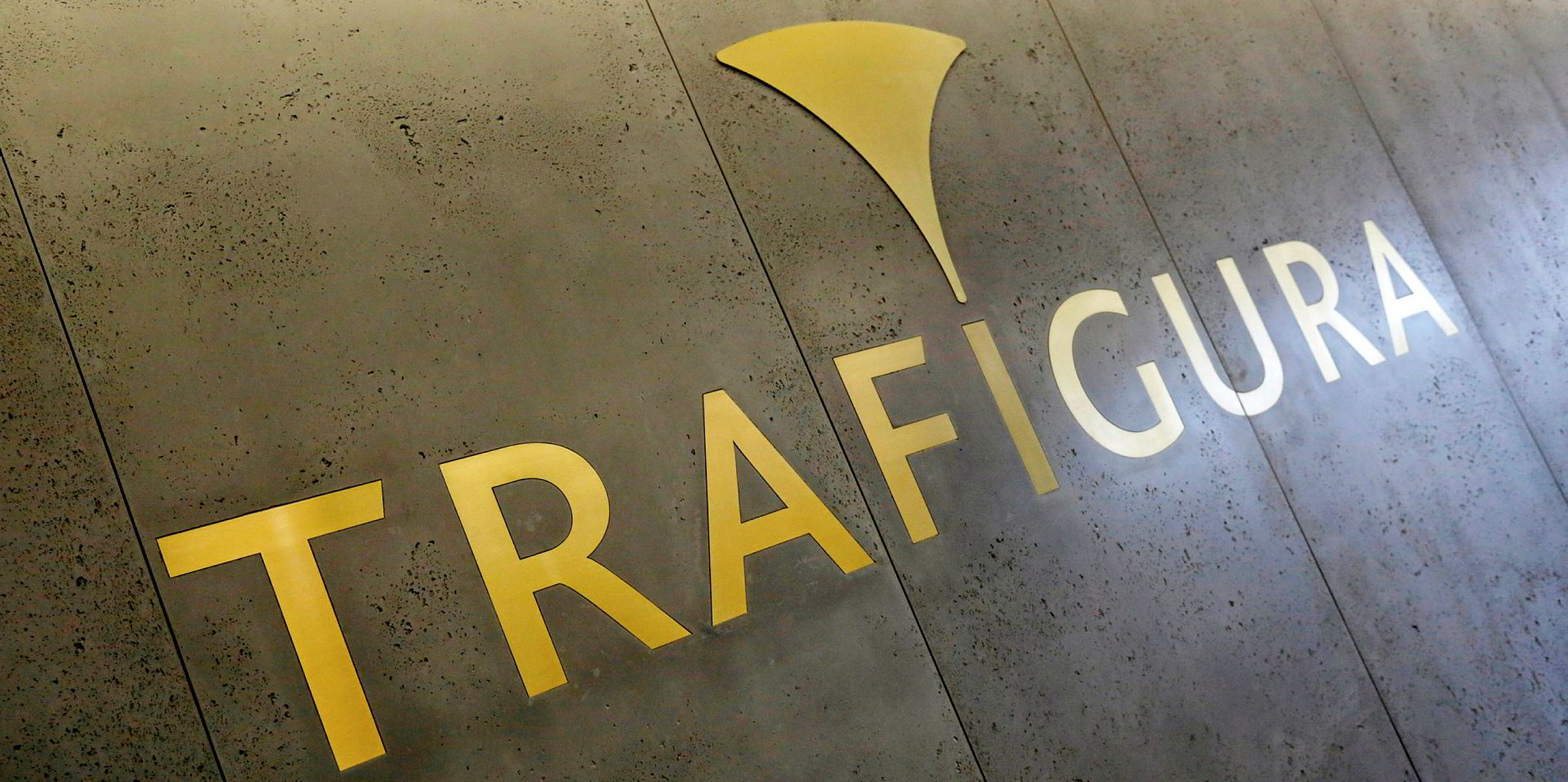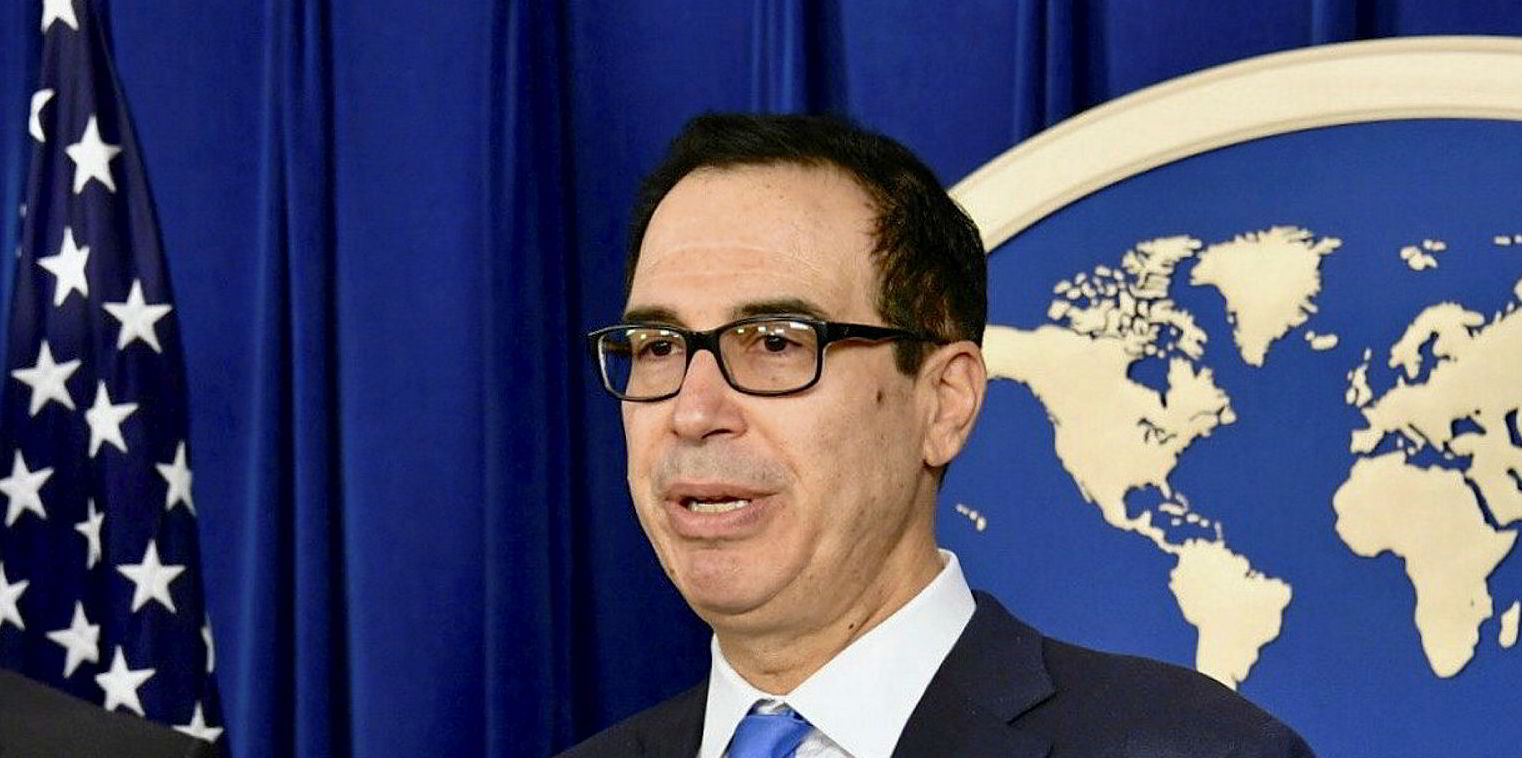Tanker owners engaged in the Venezuelan trade — most of them believed to be Greek — are facing heightened risks after the US put Rosneft Trading on the sanctions list earlier this month.
Washington has vowed to ramp up pressure on those involved in Venezuela’s oil sector, having imposed sanctions on the Geneva-based trading unit of Russian oil giant Rosneft.
“We have taken the advice from the US,” a tanker owner experienced in shipping Venezuelan crude told TradeWinds. “We are extra careful.”
Data from Bloomberg and VesselsValue showed 10 VLCCs, four suezmaxes, nine aframaxes and one panamax lifted a total of 27.1m barrels of crude from the Opec member in January.
High-risk, high-reward
Greek firms owned 18 of those vessels, underscoring the world’s largest shipowning nation’s continued dominance in the high-risk, high-reward trade.
The leading operators included Eastern Mediterranean Maritime, which had one aframax and three VLCCs in Venezuela. They are the 105,000-dwt Syra (built 2010), 300,000-dwt Agios Fanourios I (built 2016), 309,000-dwt Great Lady (built 2005) and 299,000-dwt Lucky Trader (built 2000).
Delta Tankers had four suezmaxes there — the 157,000-dwt Delta Poseidon (built 2011), 162,000-dwt Delta Spirit (built 2010), 157,000-dwt Delta Ios (built 2009) and 164,000-dwt Bouboulina (built 2006).
However, the data does not take into account those that have turned off their AIS transmitters.
Eastern Mediterranean said it did not charter those ships to Rosneft Trading. Delta Tankers did not immediately respond to emails seeking comment on the charterer's identity.
According to the US Department of the Treasury, companies will have until 20 May to wind down their existing dealings with Rosneft Trading.
Toughening sanctions regime
In a bid to topple Maduro, Washington imposed sanctions on Venezuela’s oil sector in January 2019, in particular on state-owned Petroleos de Venezuela (PDVSA).
But the Opec member managed to keep its crude exports from totally collapsing, with some companies — including Rosneft — looking to recover their prior investments in Venezuela via oil-for-debt transactions.
The US did not explicitly state such deals would face sanctions, so some oil market and tanker players continued their Venezuelan trade in a non-US currency without any US person involved.
However, despite claims from Rosneft that its subsidiary did not violate any US sanctions, the Department of the Treasury said it put Rosneft Trading on the sanctions list for shipping 60m barrels of PDVSA crude between August 2019 and January 2020.
“People should be concerned,” the tanker owner source said, adding that he did not think Rosneft Trading was in breach of the sanctions.
Various reports suggested Rosneft is now trading Venezuelan crude via another subsidiary, TNK Trading. Meanwhile, the US has reportedly warned that more companies — including those that buy or are engaged in ship-to-ship transfers of Venezuelan crude — would be sanctioned.
The tanker owner source said the Trump administration has become “political” and “unpredictable”, which will drive more shipping companies from the Venezuelan trade.
Rosneft had not immediately replied to emails seeking comment.






